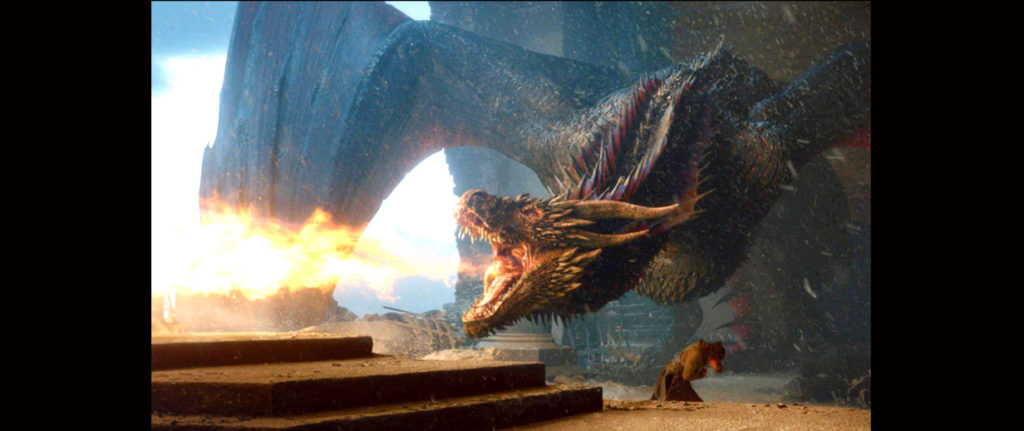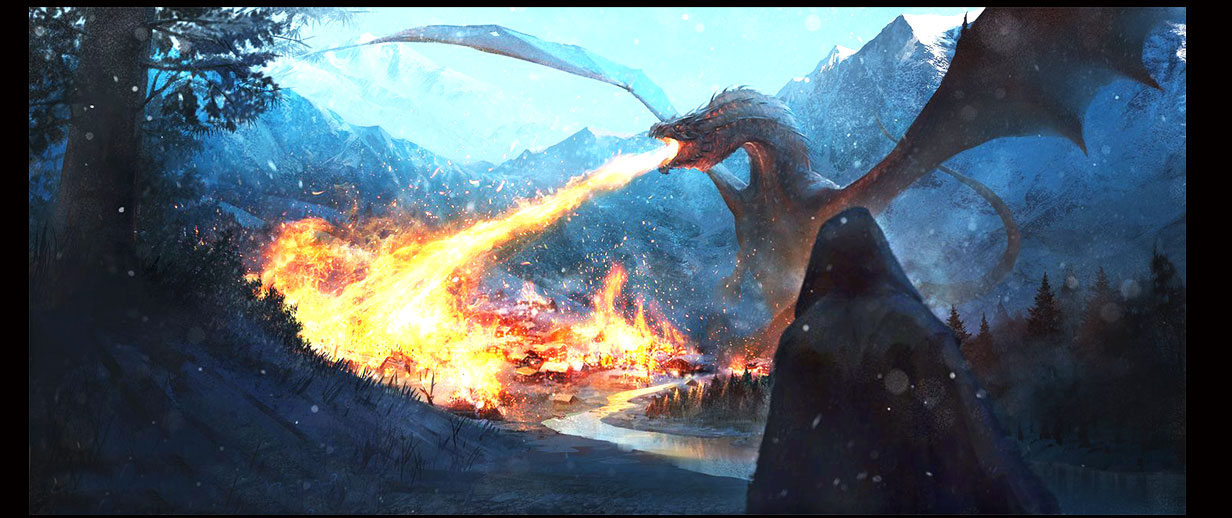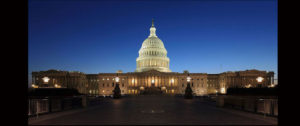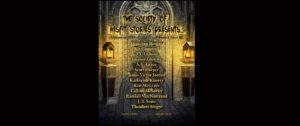I’ve read several reviews of the last episode (and season and seasons) of Game of Thrones that castigate the writers for being sexist. These appeared in The Los Angeles Times, The New York Times and elsewhere. These reviewers, all women, criticize the choice of Bran as opposed to his sisters Sansa or Arya to become monarch of the Six kingdoms. This critique and the others I discuss are sexist. And lazy. It’s as if it were easier for these reviewers to drop the “S” bomb rather than think through the issue of historical accuracy or continuity of the saga. Back whenever in Westros (and today even) males always had predominance is royal succession. Still Sansa got her own kingdom with Bran’s consent. Daenerys had a much screen time as any other character, if not more. So where is the sexism in this? The writers did a fine job of adhering to historical accuracy when threading this delicate PC needle.
In addition to overlooking historical accuracy, these reviewers complain that Bran was a one-dimensional character who did nothing, accomplished nothing. I wonder, if a female character had endured the tribulations Bran overcame, had taken the same risks, had endured the same amount of danger, then would these reviewers conclude that the female Bran replacement was essentially a zero?
Bran, a disabled character, endured hardships and risks equal to those of the other principal characters. And brilliance to boot. Still these bad-mouthing women reviewers on a scale of political correctness would elevate an able-bodied woman over a disabled young man.
The women reviewers criticize the male writers for not giving Cersei a glamorous on-screen violent death. After umpteen decapitations, immolations, deaths by dagger, sword, and poison, Cersei and Jamie were given original deaths: a ton of bricks, literally, fell on them. Ouch. It happened off screen, so the viewer was left to imagine this horrid end.
Sansa was raped on her wedding night. There was no criticism that that happened off screen as Cersei’s death did. But oh, oh: the writers glorified rape. Putting aside the fact that I can’t think of a form of violence that wasn’t glorified in GOT, the fact of her rape was believable and well foreshadowed. And horror of horrors, Sansa said the ordeal made her stronger. Many victims of violence and abuse have said that their ordeal had given them strength. They didn’t say they welcomed the violence, just that they moved on with their lives as best as possible.
It’s vulgar for politicians to try to justify vulgarity by claiming they are anti-PC. And it’s equally vulgar for self-righteous reviewers to attack art on supposed PC grounds. I would say down with PC-based reviewers. They demean and belittle art for their own aggrandizement—or maybe because they cannot think of anything original to say. While I abhor their ridiculous views, I don’t sanction censorship. But I will say that pointing a sexist finger in circumstances such as this is as divisive as building one-billion-dollar-a-mile fences on the southern border or separating migrant children from their parents.








